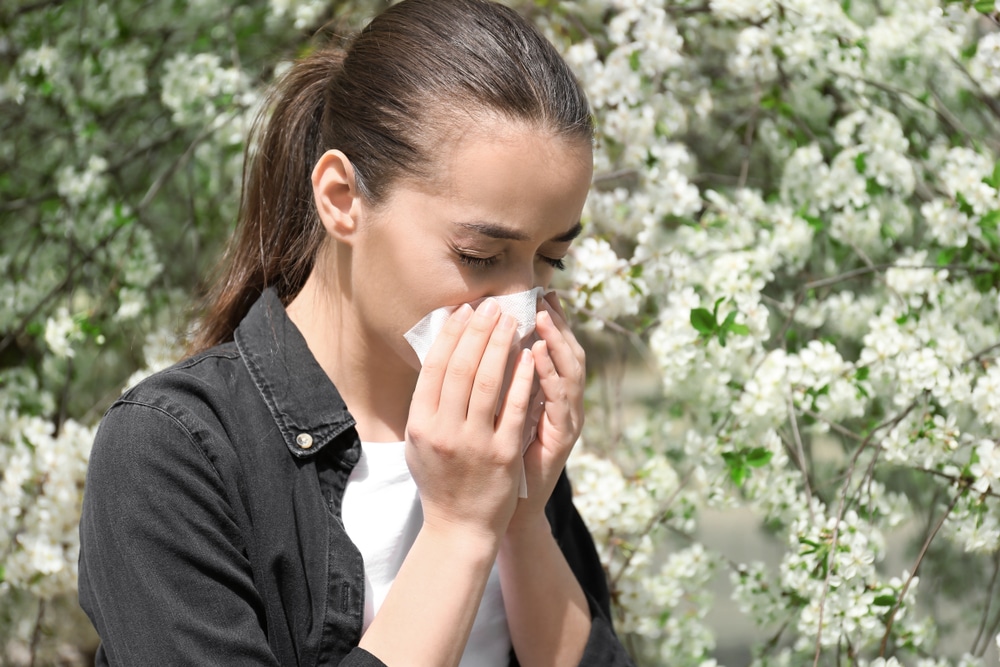If you live in Texas, you only have to walk outside to know that allergy season has begun. Green and yellow tree pollen and ragweed have coated almost everything in sight. If you’re feeling symptoms like itchy eyes or a runny nose, you might be quick to attribute them to allergies. But how can you be sure it’s not a cold? It can be difficult to tell the difference between allergies and a cold. As a result, you may have trouble determining which treatment option will work for you. It’s important to differentiate between the two to avoid medicating a condition you don’t have, which may render the treatment ineffective.
Different Diseases, Common Symptoms
The biggest difference between allergies and the cold is the cause. The cold is caused by a virus, while seasonal allergies are not. They’re caused by your body’s immune system reaction to an allergen or trigger such as pollen, mold, or dust mites. While they share some of the same symptoms, allergies usually last longer than 1 week. And unlike colds, they tend to happen around the same time every year.
Fever
With allergies, it’s unlikely that you’ll get a fever or chills. If you experience a fever, you’re probably suffering from a cold or flu. If these symptoms persist or get worse, you may need to visit your doctor. Children with fevers higher than 102 should be seen by your family practice doctor.
Body Aches
General body aches are more likely to signal a cold, while allergies create more localized symptoms. Body aches and fatigue are common symptoms of the cold, but should only last a couple of days.
Itchiness
Itchy eyes, nose, throat or ears are usually caused by allergies. While there are some exceptions, localized itchiness is often triggered by histamine, a chemical in the body associated with immune responses. It’s a product of your body fighting allergens.
Sore Throat
Both a cold and allergies can cause a sore throat, so this symptom is not as telling as a fever. However, in the case of allergies, sore throat is usually the result of post-nasal drip.
Runny Nose
A runny nose can be a symptom shared by both allergies and a cold, so it can be difficult to distinguish which is causing it. Pay attention to the color and texture of your mucus to gain insight into what’s really going on. Allergies generally produce thin, watery mucus, but if you notice that it’s becomes thick and discolored yellow or green, it can be a sign of an infection or cold.
Still Not Sure About the Difference Between Allergies and a Cold?
If you’re still not sure what your symptoms are telling you, it may be time to see your family doctor. Allergies generally last longer than the common cold, but if your symptoms have gotten worse, you may be suffering from a secondary infection.
Treating Your Symptoms
While several of the symptoms of allergies and colds are similar, the two are very different conditions. Knowing the difference can help you get the right treatment so you’ll be feeling better sooner rather than later. The usual treatments for allergies are nasal sprays or antihistamines, though if they’re more severe you may need a prescription. Cold symptoms usually improve after only a few days, but symptoms can be treated with over the counter fever or pain relievers.
If you think you may have allergies or are experiencing persistent cold symptoms, Contact Us.




